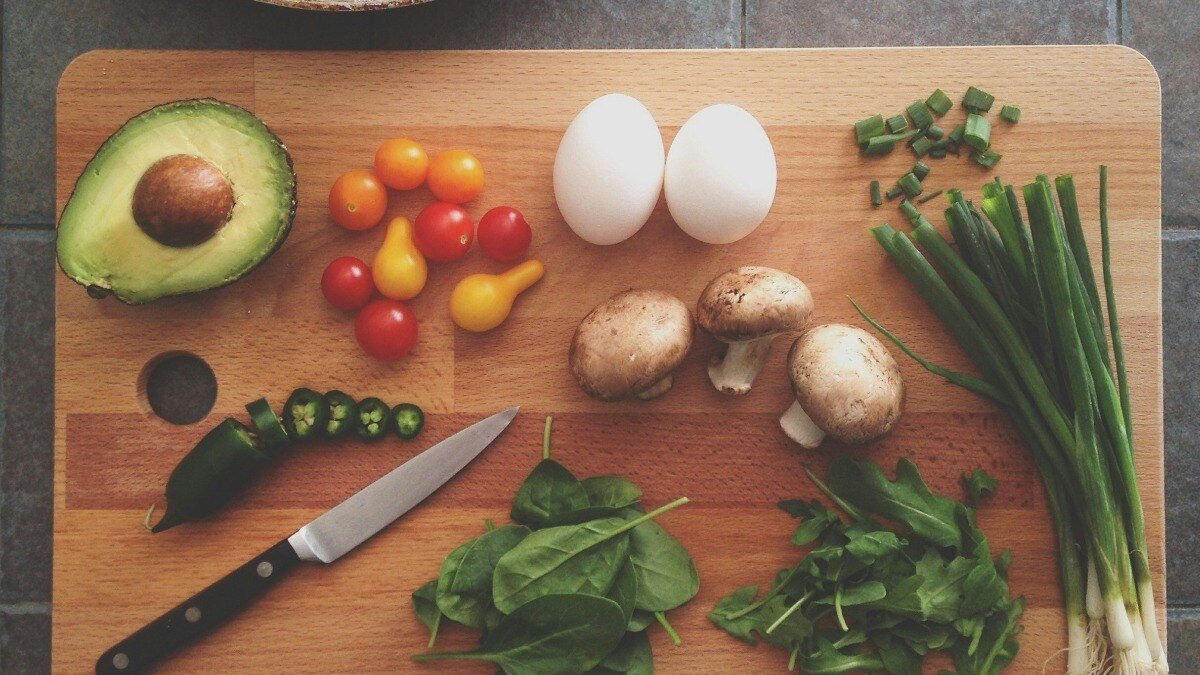Nutrition is crucial in both preventing cancer and supporting recovery, alongside a healthy lifestyle. During cancer treatment�such as chemotherapy, surgery, and radiation�many people experience weight changes due to fluctuations in appetite.
This is where a balanced diet becomes essential, helping to manage weight gain or loss throughout treatment and into recovery.
India today spoke with Dr Karthigaiselvi.A, HOD – Department of Clinical Nutrition and Dietetics, Gleneagles BGS Hospitals, Kengeri, Bangalore to get more insights on this topic.
Recent evidence indicates that nutrition and lifestyle choices significantly impact the development and recurrence of breast cancer. For survivors, following a nutrition plan similar to that of cancer prevention is vital for long-term health.
A balanced diet is crucial for overall well-being, helping maintain a healthy weight, staying active, and providing essential nutrients for a strong immune system, balanced electrolytes, and muscle mass.
To achieve this, it’s important to include a variety of foods from all the food groups in appropriate portions throughout the day.
Your needs for carbohydrates, protein, and fats will vary based on your body weight. Additionally, incorporating vitamins, minerals, fibre, and plenty of water into your daily routine is crucial.
Dr Karthigaiselvi.A recommends prioritising annual health check-ups and maintaining a healthy weight through balanced meals and regular exercise. It’s also wise to reduce or avoid alcohol and limit processed foods.
Consulting a dietitian for personalised advice can further support your health as a cancer survivor. These steps are key to your wellness journey.
Recognising the importance of these nutrients is key to supporting your recovery journey. A holistic approach to nutrition can make a significant difference in your health and vitality.
Muscle contractions and the proper functioning of the brain and heart rely on complex carbohydrates, which digest slowly and help maintain a healthy weight.
Aim for 1 to 2 cups of protein sources daily, such as legumes, soy, low-fat dairy, chicken, or fish, while minimising added fats in cooking. It’s wise to limit high-fat options like fried foods and excessive red meat.
Completely avoiding fats isn’t advisable, as your body needs essential fats, such as polyunsaturated and monounsaturated fatty acids.
Incorporate healthy sources like fish, nuts (such as almonds and walnuts), pumpkin seeds, flaxseeds, and fruits like avocados. Oils like sesame and rice bran, used in moderation, can also help meet your essential fat requirements.
Eating a variety of fresh vegetables and fruits can help protect against cancer. Plant-based foods are rich in vitamins, minerals, and phytochemicals while being high in fibre and low in calories.
Aim for at least 2 servings of fruit (about 300 grams) and 5 servings of vegetables (250 to 500 grams) daily, focusing on dark yellow, orange, and green options, as well as cruciferous vegetables, garlic, green tea, and soy products.
Staying hydrated is essential for preventing constipation, flushing out bacteria, and transporting nutrients. Aim for 6 to 8 glasses of water daily, sipping throughout the day, unless you have underlying health issues like kidney or liver disease.
Incorporating physical activity, such as brisk walking, swimming, or cycling for 30 to 60 minutes, can help you maintain a healthy weight and regulate hormones like insulin and estrogen.
Be cautious of commercial ‘anti-cancer diets’ or supplements, as there’s no evidence they lower breast cancer risk. Instead, focus on whole foods rich in nutrients and antioxidants.
Evidence shows that alcohol consumption can increase the risk of breast cancer. Opting for plant-based foods is more beneficial, as they are rich in antioxidants, phytochemicals, vitamins, and minerals.
While animal-based foods provide essential nutrients, they also contain higher levels of saturated fat, making it important to reduce their quantity in your diet.
Phytoestrogens may have anti-cancer properties, but there’s no strong evidence that high intake protects against breast cancer. Including soy products in a balanced diet is recommended, while avoiding high-dose phytoestrogen supplements. Focusing on whole, plant-based foods can enhance your overall health.







